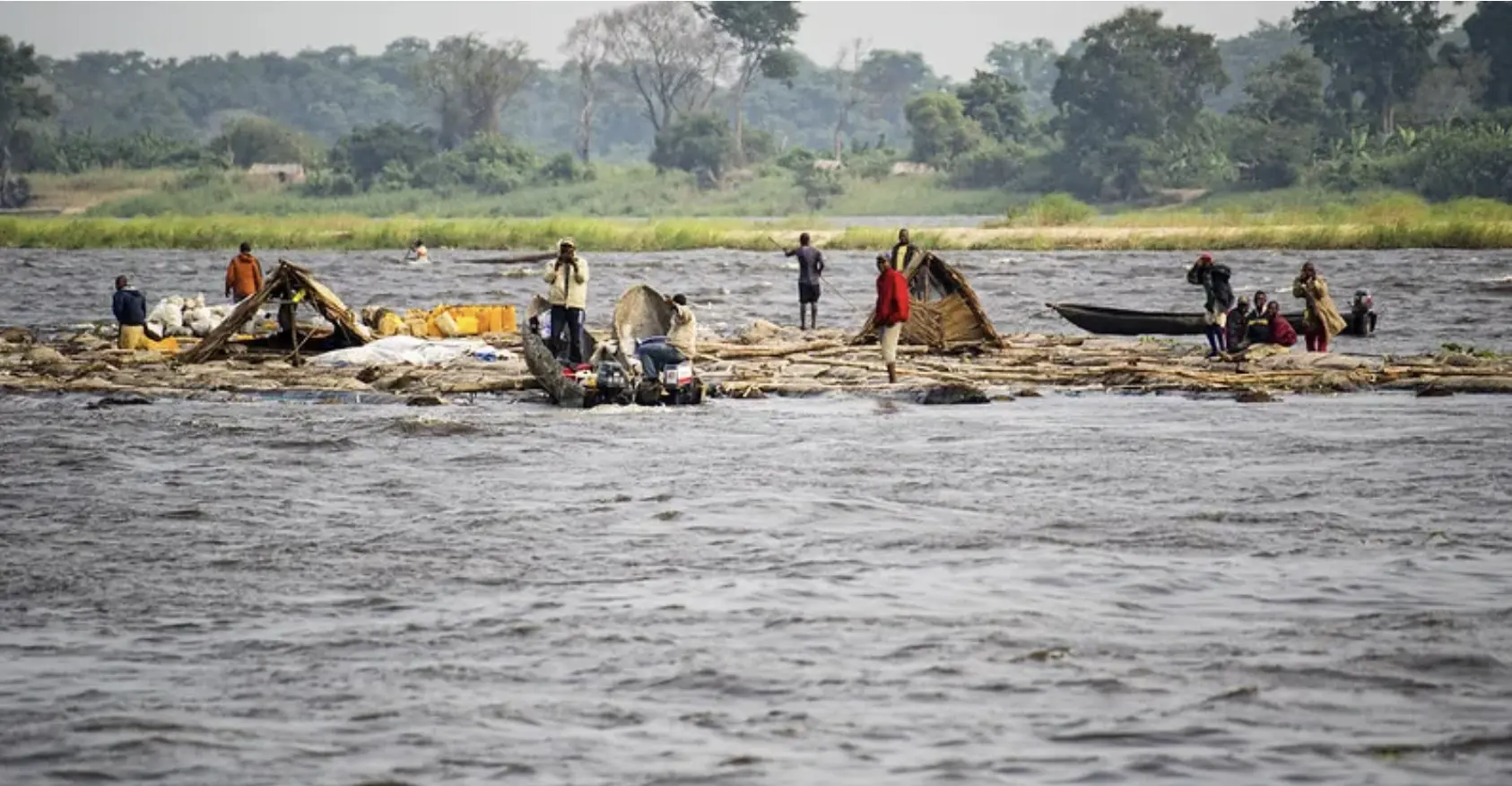“Water is foundational to food provision,” said Sarah Freed, a scientist at WorldFish, during an online session at World Water Week, ‘Incorporating water management and aquatic food in agroecological transitions’, which was held on 23 August 2023. It is estimated that globally, seventy percent of all the freshwater we use is spent on agriculture, she explained, and water scarcity is an increasing constraint on global food production, whilst droughts and floods also contribute with growing frequency to food insecurity. Additionally, aquatic foods make up an important and nutrient-dense food source, with 3.3 million people relying on them as their primary animal protein source, and demand for them is expected to grow globally.
A food system transformation through agroecology is increasingly being flagged as a necessary step to address the drivers – and impacts – of the climate, food, and biodiversity crises. But to date, water and aquatic foods have been only rarely considered in the space of agroecology agro-ecological transitions: “the agroecology-based literature is growing exponentially, but the representation of water and aquatic foods in that literature remains very small,” said Freed, “and that is also corresponding with similar gaps for agroecological strategizing, planning, and decision making.”
The event aimed to begin filling that gap in several ways. Freed, for her part, shared propositions to include water and aquatic foods more explicitly in the 13 HLPE Principles of Agroecology. Matthew McCartney, Research Group Leader for Sustainable Water Infrastructure & Ecosystems at the International Water Management Institute (IWMI) then spoke of the need to take into account the hydrological processes that drive and underpin many of the ecosystem services within a landscape. “It’s very important we think about all of the systems within a landscape and how they link to agroecological farms and farming systems,” he said, “and that we think not just about freshwater, but also marine and brackish water and so on within catchments and basins. With this more holistic framing, we think hybrid agroecology will be more impactful.”
Gemma Tesdall, who directs the Youth Network for Agricultural Development (YPARD), shared learnings from a project in the Democratic Republic of Congo (DRC) on aquatic food and agroecology, in which they collaborated with local partners to install fish ponds in the wetlands of DRC’s eastern region. The initiative is now producing 10,000 tilapia fish every six months, both for local consumption and sale. “It’s a perfect opportunity to work together with the natural landscape to produce food to gain a livelihood,” she said.
Rada Kong, a researcher at the French Agricultural Research Centre for International Development (CIRAD), then shared an example from Cambodia, which is extremely vulnerable to flooding as a result of climate change impacts, dam construction, land use changes, and deforestation. There, agroecology is being promoted as a solution to manage excess water, through measures such as diversifying landscapes, growing perennial crops along water bodies, integrating crop and livestock farming, and using water-tolerant crop varieties to reduce soil erosion, retain water, and improve water quality. “Our assessment has shown that agroecological management can increase the speed of water infiltration into the soil,” he said.
In Mauritania, by contrast, the challenge of ‘too little water’ is salient. There, Mohamed Yahya Ould Lafdal, an adviser to the Mauritanian Minister for the Environment, shared how climate change is affecting the region in the form of extreme weather events (i.e. droughts) and water scarcity, to which the agricultural sector is particularly vulnerable. He described the success of locally-informed agroforestry, particularly in date palm plantations. “This local knowledge must be maintained at the core of agroecological practice – we are talking about generations of farmers and communities, and what they have already learned is going to be really key to survival and adaptation,” he said.
Similarly, in India’s Andhra Pradesh, CIFOR-ICRAF Associate Scientist Swati Renduchintala also shared success applying agroecological approaches to farming in arid conditions, with the practice of mulching found to be particularly effective for improving soil moisture content and lowering soil temperatures. “We also went beyond the physico-chemical component and integrated it with social and human elements,” said Renduchintala. “The farmers we worked with were part of women’s self-help groups, and they played a major role in bringing about this change and knowledge transfer: this is very crucial to agroecological transformation.”
In Sri Lanka, Prasanthi Gunawardene, a senior lecturer at the University of Sri Jayewardenapura, shared a case study of applying payments for ecosystem services (PES) to water resources, as a means to emphasize the economic benefits of implementing soil and water conservation measures, particularly through the application of agroecological practices. She pointed out that conserving the country’s watersheds provides the potential to generate hydropower locally, which is cheaper and greener than importing oil or coal; it also provides clear economic benefits to local farmers and downstream industries. “That’s why it is justified that in upper watershed areas, we should be doing careful restoration and water conservation – and why there’s a clear case for payment for ecosystem services,” she said.
Overall, said Fergus Sinclair – a Chief Scientist at CIFOR-ICRAF and Co-convenor of Agroecology TPP – as he closed the event, “combining land and water is fundamental to food system transformation and the revision of the agroecological principles. Today, the examples that we’ve seen of them being put into practice around the world are testaments to the importance of water and aquatic foods in agroecological transformations.”
As a continuation of this event, the scientists involved in the session have launched an open electronic consultation to seek comments and feedback on proposed changes to the existing agroecological principles to render them more inclusive of water and aquatic foods, all the while addressing key actors that use and manage aquatic resources. Join the eConsultation to let them know if you agree or disagree with the proposals, or have any further suggestions.
Watch the recording of the event below or directly on Youtube.
This blog was written by Monica Evans and is also available on Forest News.

